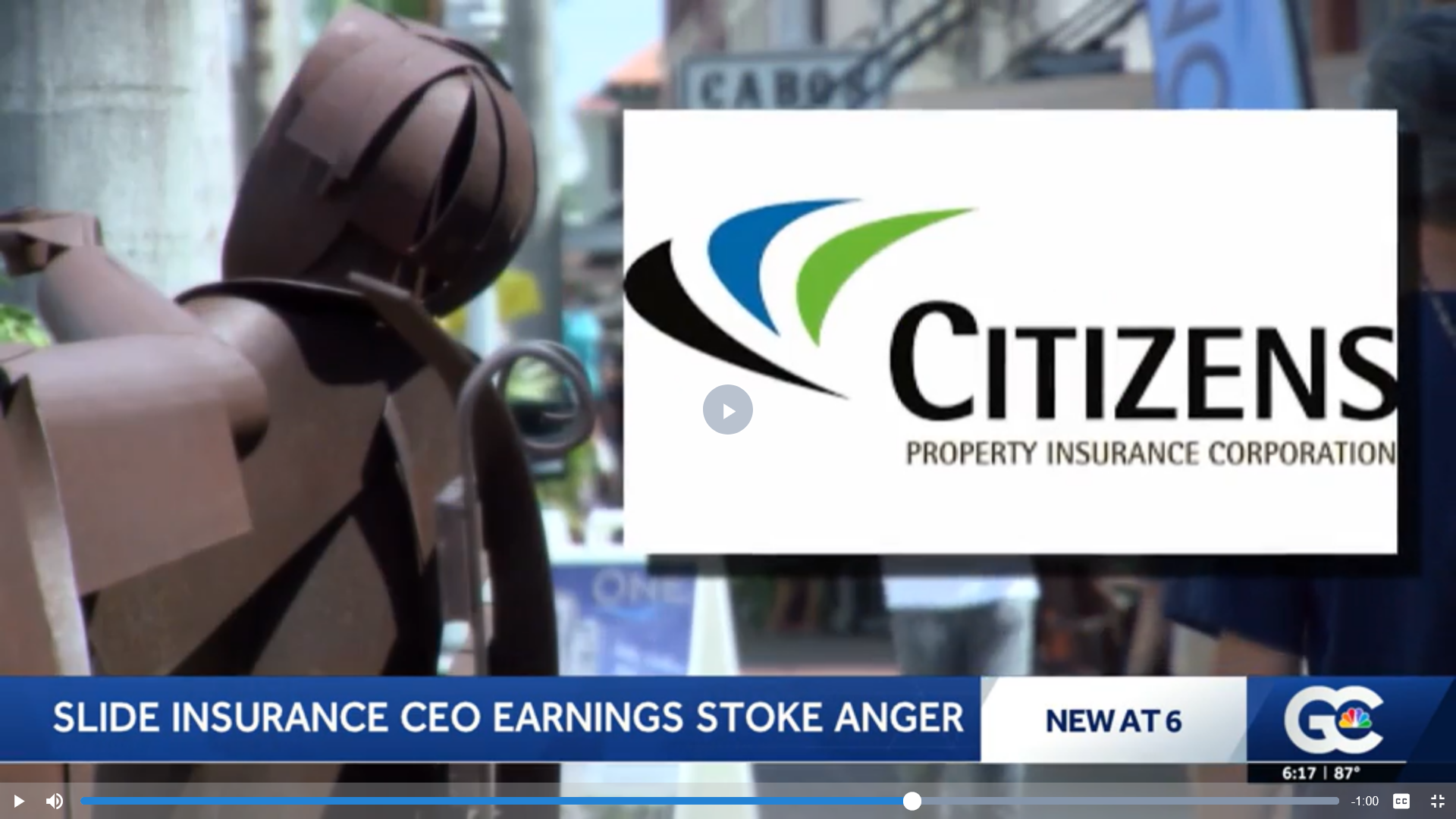Protect Yourself from Post-Disaster Contractor Scams in Louisiana

How to start saving money
Mattis semper quisque ipsum sagittis tellus nunc facilisis nulla blandit. Quisque tellus viverra ipsum felis pulvinar dui pharetra eleifend. Sed dignissim velit urna neque. Nunc quam pretium ac justo. Neque magna est velit risus sed pellentesque metus quam. Quam ut sem dictum.
- Neque sodales ut etiam sit amet nisl purus non tellus orci ac auctor
- Adipiscing elit ut aliquam purus sit amet viverra suspendisse potent i
- Mauris commodo quis imperdiet massa tincidunt nunc pulvinar
- Adipiscing elit ut aliquam purus sit amet viverra suspendisse potenti
Why it is important to start saving
Tempor tortor varius orci adipiscing nec tempor non vel. Lectus cursus feugiat fringilla massa donec commodo dis massa elementum. Sed pellentesque tortor amet eget blandit. Mauris.

How much money should I save?
Ut sed elementum eleifend parturient nascetur euismod. Maecenas tincidunt quis diam diam habitant. Nisl orci dolor facilisis purus et dolor enim. Ut maecenas lacus arcu in cursus morbi odio nibh semper. Morbi turpis iaculis ac proin vitae erat sed. Nec nam a sed egestas amet auctor. Rhoncus adipiscing facilisis aliquam venenatis ullamcorper adipiscing vivamus et amet. Orci vivamus ut quis egestas. Lorem neque vulputate orci in lorem eu commodo urna.
- Neque sodales ut etiam sit amet nisl purus non tellus orci ac auctor dolor sit amet
- Adipiscing elit ut aliquam purus sit amet viverra suspendisse potenti
- Mauris commodo quis imperdiet massa tincidunt nunc pulvinar
- Adipiscing elit ut aliquam purus sit amet viverra suspendisse potenti
What percentege of my income should go to savings?
In cursus tincidunt ornare scelerisque non. Ipsum tempor nec eget dis sed sed porta mauris. Risus vulputate et magna felis pretium tristique feugiat gravida sodales. Vitae turpis quam massa faucibus purus id. Quam sit facilisis viverra nulla euismod sagittis integer velit. Ac feugiat nisi tempus sem viverra quis risus leo. Pulvinar amet nunc at euismod vulputate. Arcu.
“Nisi quis eleifend quam adipiscing vitae aliquet bibendum enim facilisis gravida neque velit euismod in pellentesque massa placerat”
Do you have any comments? Share them with us on social media
Amet aenean ac est tellus euismod aliquet proin. Vel varius urna egestas ullamcorper justo nisl vulputate elementum. Condimentum diam turpis amet venenatis id facilisis ut eget. Massa nunc tortor nisl pharetra condimentum sed cras. Enim sit tempus est porttitor nisl iaculis in diam eros. Posuere ornare neque ac egestas vitae. Tellus praesent at et enim nec. Enim ornare mauris risus malesuada amet mollis vitae cursus nisi. Nisl elementum felis ultricies.
Natural disasters don’t just leave behind physical destruction—they also create the perfect storm for scammers to strike. A recent study from Instant Roofer reveals that most disaster-displaced homeowners become targets of scams within a month of losing their homes, and sadly, Louisiana homeowners are targeted the most often.
According to the study, 62% of homeowners reported scam activity after being displaced. Even more concerning, 42% described the scam attempts as frequent, while 26% reported experiencing a moderate amount of scams. Only 32% said they encountered just a few.
“Post-disaster scams aren’t limited to shady contractors,” said Jacob Petrosky, founder of Instant Roofer. “People also fall victim to fake FEMA representatives, fraudulent charities, or identity theft scams involving phony relief applications and utility shutoff threats.”
Petrosky warns: “If someone calls asking for personal information, hang up and contact the official number of the company or agency they claim to represent.”
The States Most Affected
Texas, Louisiana, and Florida lead the nation in disaster displacement, with Louisiana reporting scam activity rates of 80%—well above the national average of 62%. Surprisingly, New York and Michigan topped the chart when it comes to the percentage of victims targeted by scams, with 90% of displaced New Yorkers and 84% of Michigan residents reporting scam attempts.
How Homeowners Can Protect Themselves
Petrosky shared critical tips to help homeowners avoid falling prey to post-disaster scams:
- Always work with licensed, insured professionals. Research contractors thoroughly—check reviews, verify credentials, and ask for examples of previous work.
- Be cautious of high-pressure tactics. Scammers often push for upfront payments, claim discounts for immediate decisions, or try to rush homeowners into signing.
- Get everything in writing. Never rely on verbal agreements. Document the scope of work, timeline, costs, and warranties.
Insurance Gaps Make Recovery Even Harder
The study also highlights a major vulnerability: over 13% of U.S. homes—more than 11 million—are uninsured, and in Louisiana, that rate is even worse, with 21.1% of homeowners lacking insurance coverage. In a disaster-prone region like the Gulf Coast, this puts families at serious financial risk.
“For most people, your home is your most important investment,” said Rob Bhatt, a licensed insurance agent and home insurance expert at LendingTree. “It’s important to protect that investment with insurance.”
But Bhatt also pointed out a growing problem: “Insurance has become more expensive and harder to get in recent years. A major disaster like a hurricane or tropical storm could leave a lot of people without enough resources to rebuild their homes. This could have tremendous consequences—not just for the individuals affected, but for entire communities.”
The Bottom Line:
If you live in a disaster-prone area, be vigilant in the aftermath of a storm. Scammers move fast—and they target people when they’re most vulnerable. Do your homework, trust your instincts, and when in doubt, verify.



